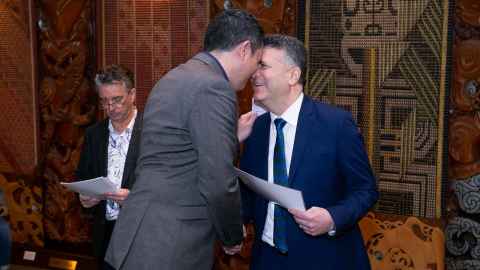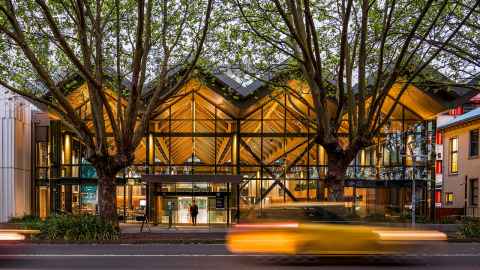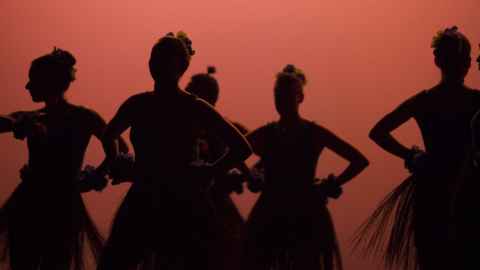
The latest news, stories, and opinion pieces from our faculty and community.
Read now
Join us at our public lectures, catch a research seminar, or get along to one of our student events.
Find events
Learn more about events in the School of Creative Arts.
Find out more

